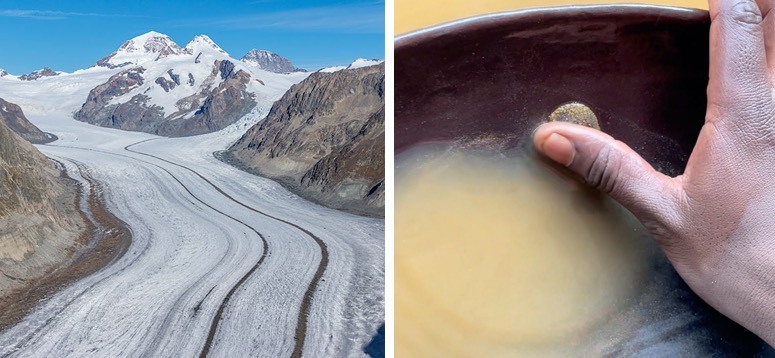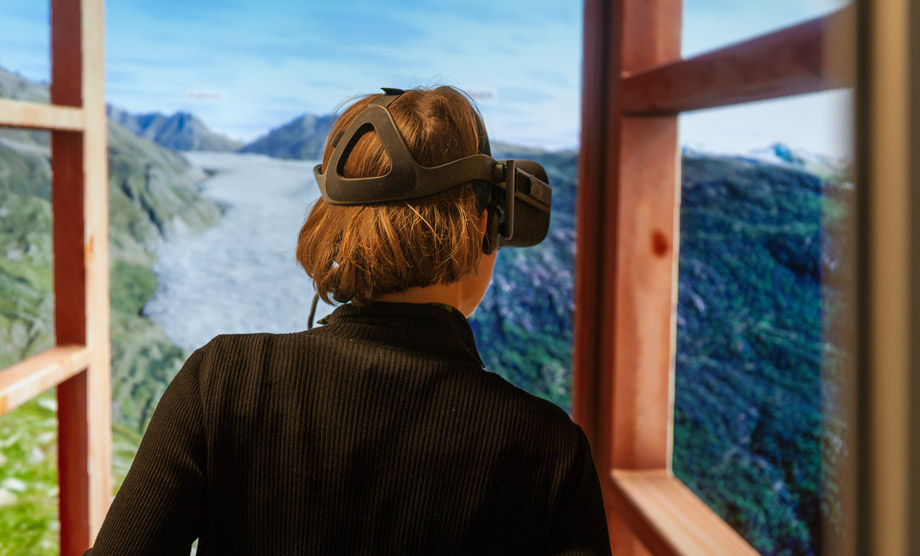Climate and Glacier Change in Communication
It is very easy to understand for everybody: If it gets warmer ice melts. Glaciers adapt to altered climatic conditions, especially to higher global temperatures, by retreating to higher elevation. Due to their sensitive response to changes in climate, glaciers are considered as an easy understandable indicator pointing to anthropogenic climate change. For communities closely linked to high mountain environments with glacierized areas, the loss of glaciers means the loss of an important identification feature.
Our focus is on monitoring and modeling climate-glacier interactions that reflect related impacts on the high mountain cryosphere but also environment and communities. Related to such scientific data we are interested in finding ways of communication that reach a broader public. Using interdisciplinary approaches, we aim to develop concrete, tangible and targeted communication projects to further sensitize about anthropogenic climate change and to encourage taking immediate action.
Group leader
Collaborators
Cassandre Wuarchoz
Jonas Kubik
Prof. Dr. Martin Hoelzle (external)
Dr. Matthias Huss (external)
Prof. Dr. Guillaume Jouvet (external)
Prof. Niklaus Heeb (external)
Jonas Christen (external)
Noemi Chow (external)





